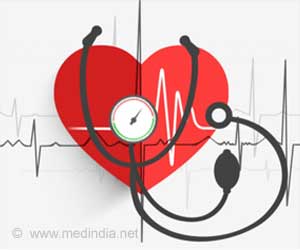
‘Working with community health workers helped patients integrate their physicians’ recommendations for hypertension management.’
Tweet it Now
Published in the journal Circulation: Cardiovascular Quality and Outcomes, the findings focus on community health workers (CHWs), lay members of a community who usually share ethnicity, language, income level, and/or life experiences with the people they serve.While past work has found that CHW-led programs lead to improvements in blood pressure in community-based settings like barbershops and churches frequented by members of the Black community, the new study examines the intervention in primary care practices that specifically serve South Asian Americans.
Community Health Workers: Allies in Blood Pressure Management
Previous research shows that members of the South Asian community have a greater than average risk for cardiovascular disease (CVD), hypertension, and diabetes—even at lower body weights and at younger ages compared to Whites and other racial/ethnic groups. They also often face social and cultural barriers to managing chronic diseases and accessing healthcare.The key to the intervention’s success was the CHWs’ ability to adapt evidence-based practices to offer culturally sensitive and linguistically appropriate health coaching. While New York City is home to the country’s largest South Asian population, many have limited English proficiency, are disconnected from the healthcare system, and lack tailored resources.
As the demand for patient-centered approaches in clinical settings expands, CHW models have growing clinical and public health relevance in the context of hypertension management.
They offer a cost-effective model for chronic disease management among immigrant communities with limited English proficiency who are often underserved by health care systems.
Advertisement
Advertisement















